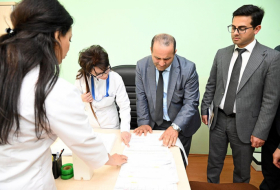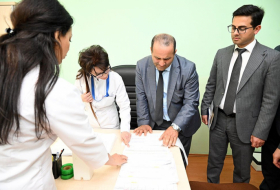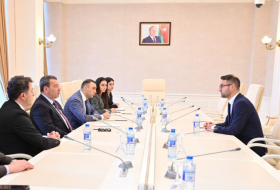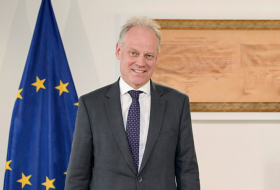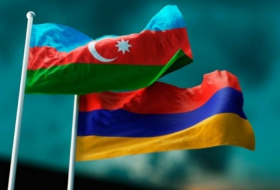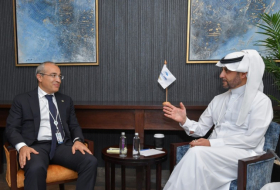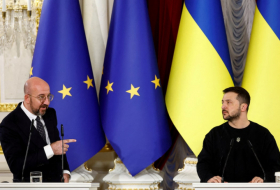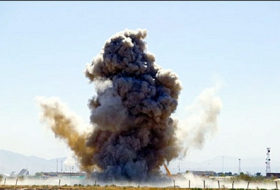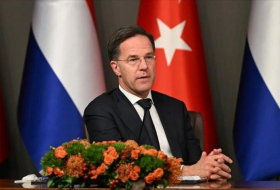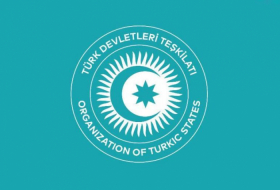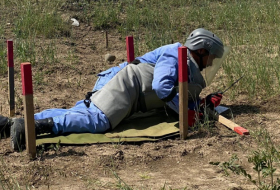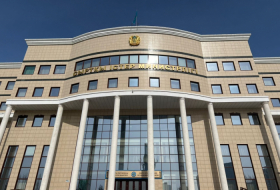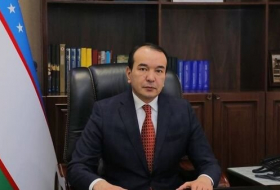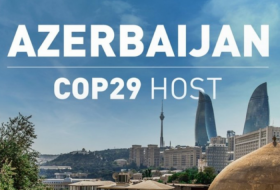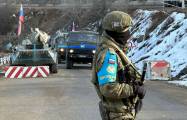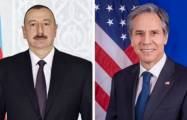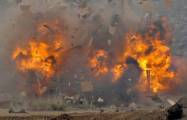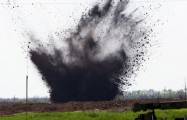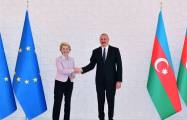`Karabakh conflict
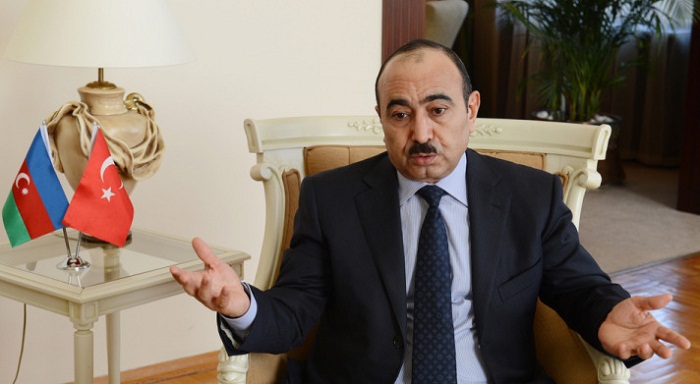
Hasanov made the remarks during the 13th International Conference of Ombudsmen on “The role of cooperation between domestic and international organizations in ensuring constitutional rights and freedoms” held in Baku on Wednesday.
The first constitution of independent Azerbaijan, which today marks 20 years and was authored by the National Leader Heydar Aliyev, envisages the main principles of separation of powers, liberal economy, building a civil society, human rights and freedoms which were successfully fulfilled at the subsequent stage, the presidential aide said.
Hasanov noted that the Armenian-Azerbaijani Nagorno-Karabakh conflict is the biggest obstacle for the democratic development in the region, as well as for ensuring human rights and freedoms.
Undoubtedly, if there wasn’t this problem, or if it was resolved on time, the region’s countries would be more developed, peace and security would be more sustainable, according to the top official.
Hasanov said that today Azerbaijan is a democratic country with considerable reputation that pursues an independent policy and is developing at a rapid pace.
“Civil society in Azerbaijan is developing, everyone’s freedom of opinion, expression and information are ensured. Necessary conditions have been created for political parties, non-governmental organizations and media outlets to operate,” he added.
Azerbaijani President Ilham Aliyev`s firm position is that today, independent policy, liberal economic system and a strong civil society are the main means of ensuring the dynamic development of each country, said the presidential aide.
“In the years of independence, Azerbaijan created its own model of development and presented it to the world as progressive experience. Over a decade alone, the economic potential has increased by more than three times, problems like poverty and unemployment have been largely resolved, socio-economic infrastructure has been rebuilt in accordance with the most advanced standards, and huge work has been done in the area of social welfare and forming the country’s modern image. Having become the political, economic and humanitarian center of the region, Azerbaijan has also taken up its deserved place in the international relations system, wining the image of mighty state and reliable partner. With no exaggeration, we can say that this historical push forward became possible thanks to President Ilham Aliyev’s independent and well-considered policy that is based on national will,” he said.
Hasanov noted that all these achievements were not made easily. Recalling that Azerbaijan faced territorial claims and aggressive policy of neighboring Armenia at the end of the last century, the top official spoke about the occupation of Azerbaijani territories, the mass extermination of Azerbaijani population, as well as informed about the international documents adopted on the conflict.
“The UN Security Council has adopted 7 statements and 4 resolutions (822, 853, 874, 884) regarding the Armenian-occupation of the Azerbaijani territories. However, Armenia is still ignoring the requirements of these resolutions and continues to hold the positions running contrary to international law. A document covering an international legal framework for the settlement of the conflict was adopted at the OSCE Lisbon Summit, which took place on 2-3 December 1996. During the summit, a special statement defining the political and legal framework for resolving the conflict was adopted thanks to the hard work and diplomatic talent of President Heydar Aliyev. This statement was supported by 53 states of the world, except Armenia. At the same time, this statement is reflected in the final declaration of the Lisbon summit. Other influential international organizations have adopted numerous decisions and resolutions supporting the just position of Azerbaijan on the conflict settlement. The resolution adopted by the Parliamentary Assembly of the Council of Europe on 25 January 2005 reflects that a large part of the territory of Azerbaijan is under occupation of Armenian armed forces and the separatists control the Nagorno-Karabakh region. According to the document, the occupation of the territory of another country by the Council of Europe member state is obviously contrary to its commitments,” he said.
Hasanov went on to add that on 1 October 2015, the PACE Political Affairs Committee appointed a rapporteur to prepare a report entitled “Escalation of violence in Nagorno-Karabakh and other occupied territories of Azerbaijan”.
“The European Parliament’s resolution dated 20 May 2010 “On the need for an EU strategy for the South Caucasus” demands Nagorno-Karabakh including all occupied Azerbaijani lands surrounding Nagorno-Karabakh be released in a short time,” he said.
The Organization of Islamic Cooperation has adopted more than 20 documents about the settlement of the Armenian-Azerbaijani Nagorno-Karabakh conflict under the norms and principles of international law, according to the top official.
The NATO Declaration dated 20 November 2010 notes that the organization supports the territorial integrity of Azerbaijan, Georgia, Armenia and Moldova and supports peaceful settlement of all conflicts, said Hasanov.
He said that Azerbaijan attaches huge importance to peace and security in the South Caucasus and the Caspian region, and pursues purposeful policy in this direction.
Armenia, which has occupied 20 percent of Azerbaijani lands, continues making territorial claims against other regional countries, as well as demands the recognition of the so-called Armenian genocide and requires land and compensation from Turkey, poses a serious threat to regional security, Hasanov stressed.
“Armenia has chosen terrorism as a tool to implement these claims. “Since 1984, Armenian terrorist groups have committed 388 terrorist attacks in Azerbaijan, killing 1,189 people and injuring or impaling 1,705,” he said.








